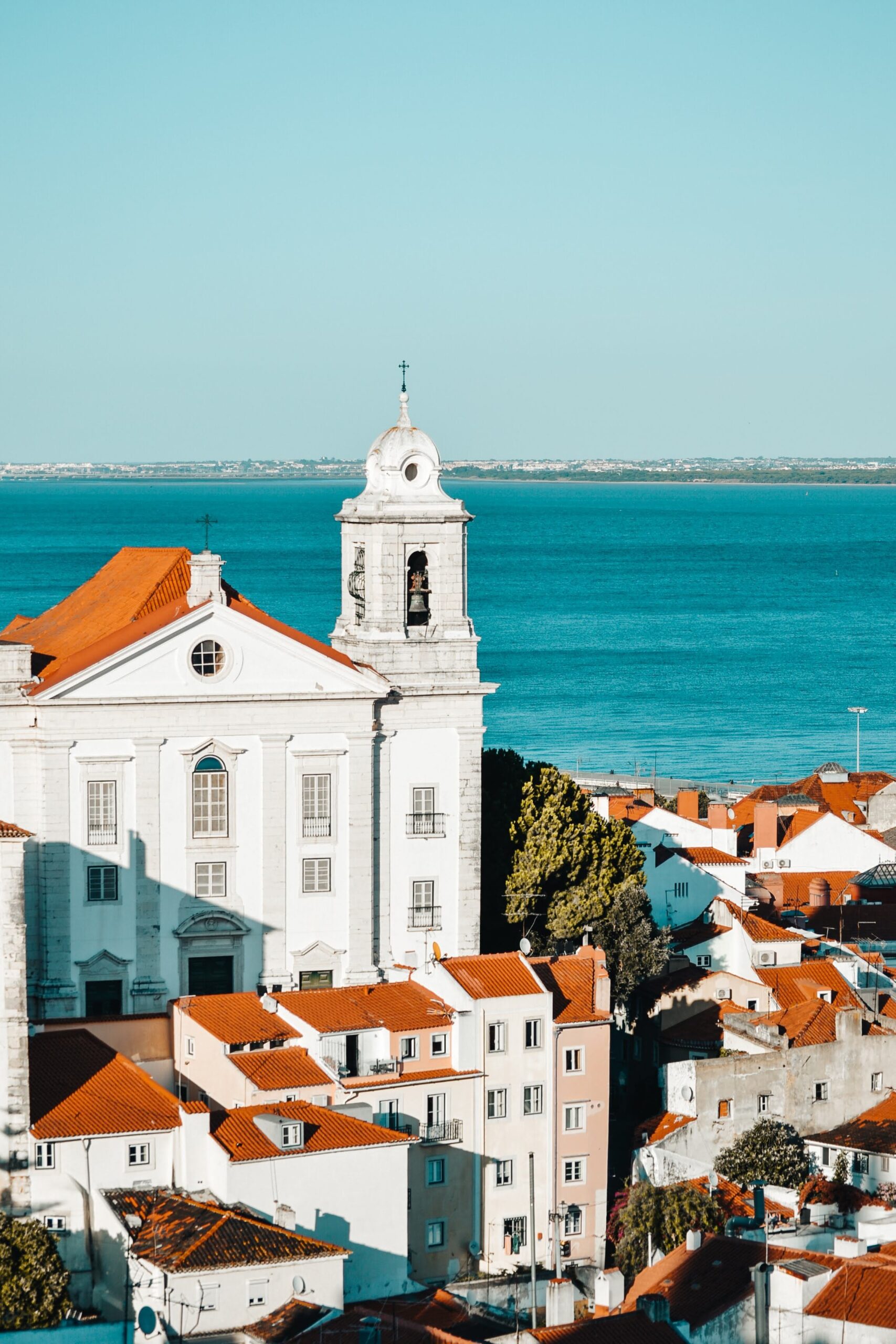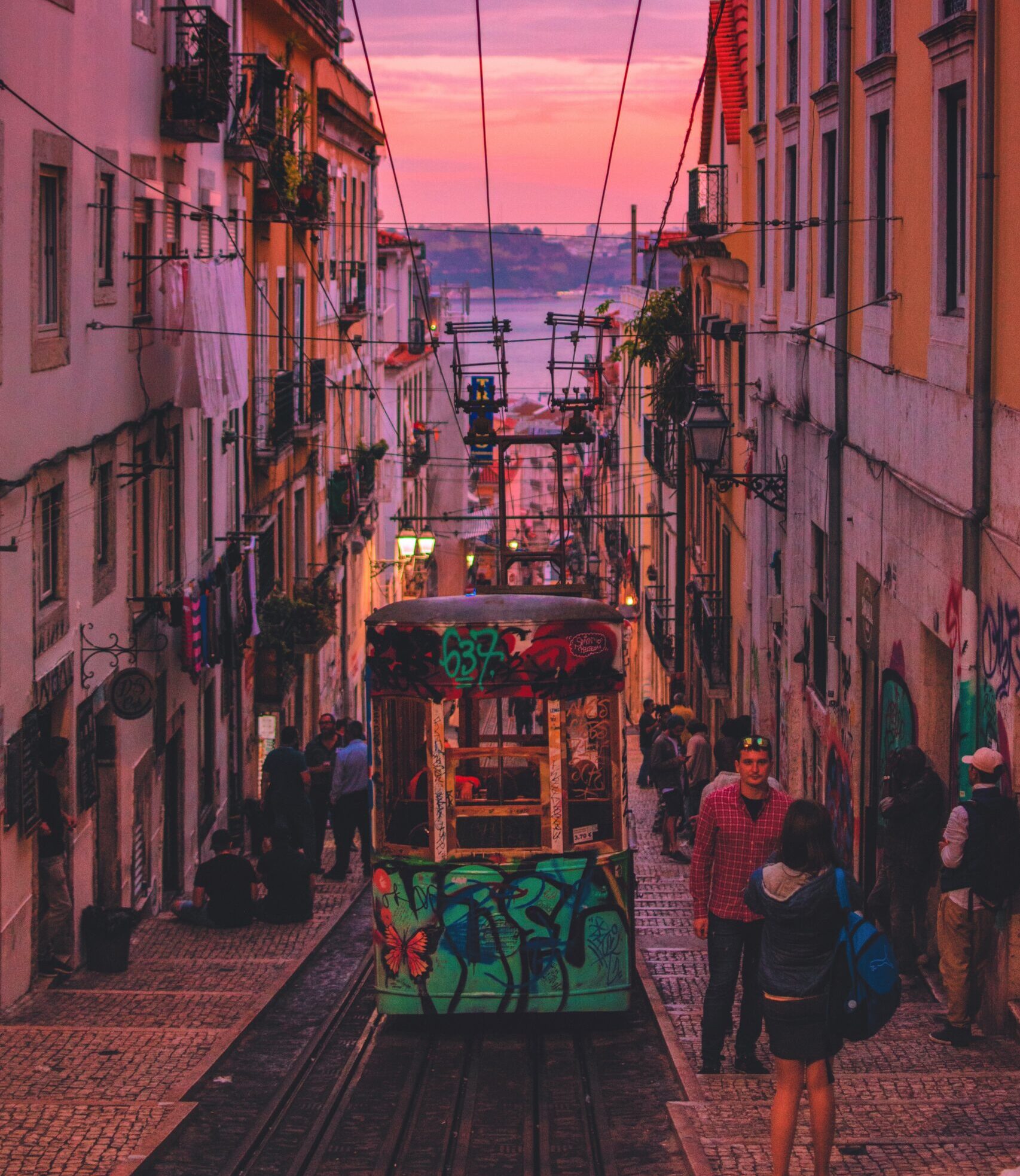Who can apply for a D1 Visa?
This type of visa is intended for stays longer than 1 year.
It is a visa for professionals who have already received a job offer for a period of more than one year.
It is important to highlight that it will also be necessary to attach a statement from the IEFP (Institute of Employment and Professional Training), which will be sent by the hiring company and which confirms that the vacancy was previously advertised, but was not occupied by any Portuguese or member of the European Union.
The Visa D1 visa applies when the foreign applicant already has a job offer and is not going to look for work in Portuguese territory.
What if I am already in Portugal?
If you are already in Portuguese territory, as a tourist, it is also possible (depending on your conditions) to apply for a residence permit as a worker.
You will need to follow some criteria such as:
- Have an Employment Contract;
- Proof of Address;
- Earn at least a minimum wage;
- Contribute to Social Security.
Important note:
It is important to note that this is the VISA for professionals who have already accepted an offer of employment in Portugal, and it is valid for stays longer than 12 months.
You can only be employed in Portugal if the position was advertised and interviewed for, and if it could not get filled by hiring a Portuguese citizen, or a citizen of another EU country.
This visa is NOT suitable for non-EEA nationals who are still looking for work in Portugal.


What you will need
Employment contract
Employer’s employment contract in Portugal, signed by both parties;
Written letter from the hiring company
Written letter from the hiring company explaining the reasons why hiring the visa applicant is essential for the company and what characteristics the applicant has that make him or her indispensable for filling the vacancy, rather than any other worker;
Curriculum Vitae
Academic and Professional Qualifications Documents and Curriculum Vitae;
IEFP's opinion
IEFP’s opinion on your employment contract (this opinion must be requested by the company that intends to hire the IEFP);
Self declaration
Self-declaration: Declaration signed by the applicant, explaining the reasons for the request, indicating the place of accommodation ( permanent or temporary ) and the period for which they intend to stay in Portugal.
Proof of means of subsistence
Proof of means of subsistence: Means of subsistence in Portugal, during the period of stay or photocopy of the last income tax declaration.
Proof of accommodation
Proof of Accommodation. Accommodation can be proven by presenting one of the following items:
- Copy of lease/purchase agreement made by the applicant;
- Invitation letter from a citizen legally residing in Portugal, confirming that he or she will receive the applicant for as long as necessary;
If you do not have one of the documents above, you can prove temporary accommodation by booking a hotel for a minimum period of one week.
International medical travel insurance
International medical travel insurance: this insurance must be valid for the entire period you will stay in Portugal.
The insurance policy must include coverage for repatriation for medical reasons, urgent need for medical attention and emergency hospital treatment.
The private health plan can be replaced depending on your country of origin, if there is an agreement between national health services.
Criminal Record certificate
Criminal Record Certificate: A criminal record certificate issued not older than 3 months.
Photographs
Photographs: Two recent 3×4 color photos.
Passport
Passport:
Simple copy of the passport (only identification pages and used pages);
Others
If married, you must submit a simple copy of the marriage certificate.
If you have children, you must send simple copies of their birth certificates.
D1 Visa Application Process
Deadline for processing and response
Therefore, we advise:
- Apply for your visa as far in advance as possible.
- Do not buy a travel ticket without having an authorized visa! as there is no responsibility for any cancellation of tickets or change of travel dates.
Looking to Buy a new property or Sell an existing one? Voronina Real Estate provides an easy solution!
Voronina Real Estate gracefully facilitates real estate owners by making property management easier & affordable.
FAQ's
(Frequently Asked Questions)
What to do if there is no employment contract or job offer from a Portuguese company?
In the event that you have not been able to find a company that is willing to give you a formal contract, and you don’t have a job offer, you can start your own business. Start your own business, employ a staff member and thereby obtain a work visa.
What’s it like to work in Portugal?
While there are exceptions to the rule, Portuguese salaries are low by western European standards and the job market is more limited, particularly if you don’t speak Portuguese. To be blunt, there are normally better job opportunities in places like Germany or France.
However, Portugal is known for its excellent quality of life, with a cost of living that’s more affordable than many other European countries. Lisbon and the Algarve, for example, both boast more than three hundred days of sunshine per year. The job market in Portugal is also evolving, with a strengthening economy and openings in fields like tech, tourism, and green energy.
Living in Portugal also comes with other benefits, like the ability to apply for Portuguese citizenship after five years of legal residency (or less, as of 2024). Some work visas can also lead to the EU Blue Card.
What if I’m already in Portugal as Tourist?
- Have an employment contract;
- Proof of an Address;
- Earning at least a minimum wage (820€ per month in 2024);
- Contributing to Social Security System
D1 vs D3
Visa D1 is more a general employment visa and Visa D3 is aimed at highly skilled professionals with advanced degrees in specific areas, such as IT, engineering, medicine, science, and executive management.
Visa D1 doesn’t require a higher education degree or a specific amount of industry experience.
However, the job does need to have been advertised to both Portuguese and EU/EEA citizens before it can be offered to someone from outside the EU/EEA. This is a rule from the IEFP (Instituto de Emprego e Formação Profissional, or Institute for Employment and Vocational Training).
.
Exploring Portugal’s D1 Work Visa
Visa D1 visa is designed for non-EU/EEA/Swiss individuals who want to work in a Portuguese company in Portugal.
To qualify for this visa, applicants must have a work contract for at least 12 months and provide proof of a place to live in Portugal (typically a lease, deeds to a property, or letter of invitation). Once you have a job offer from a Portuguese company, you can apply for the D1 visa at the Portuguese consulate in your home country or country of legal residence.
The first step involves securing a job and either signing an official employment contract or obtaining a promise of employment. Once you have this agreement, you’re ready to apply for the D1 visa.
